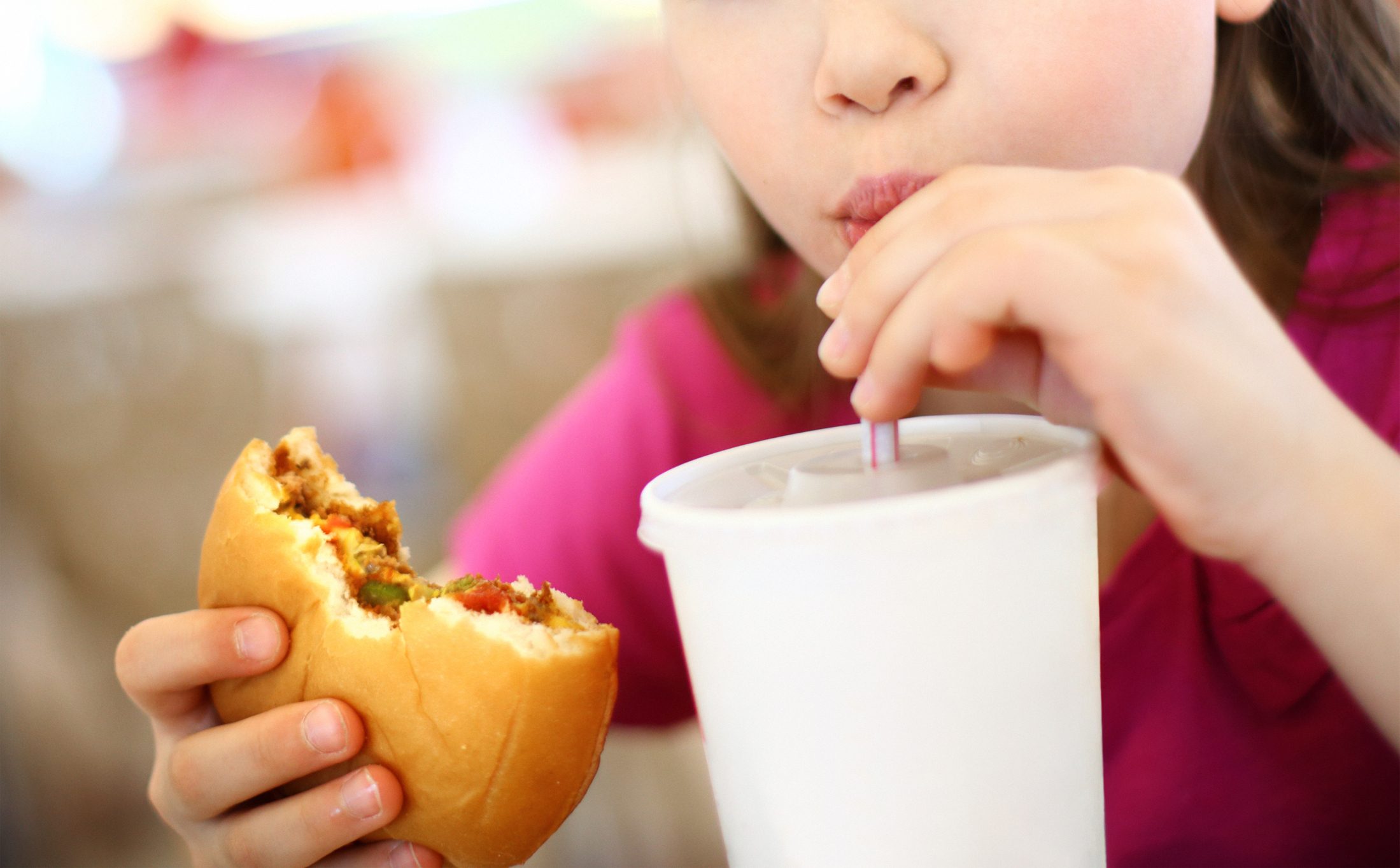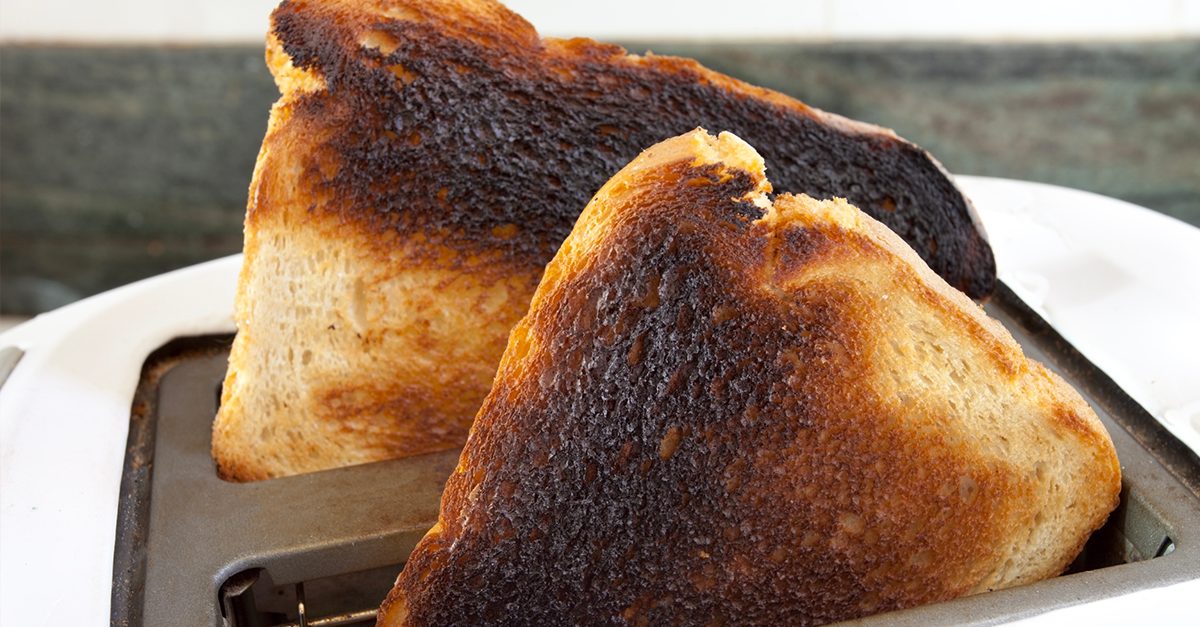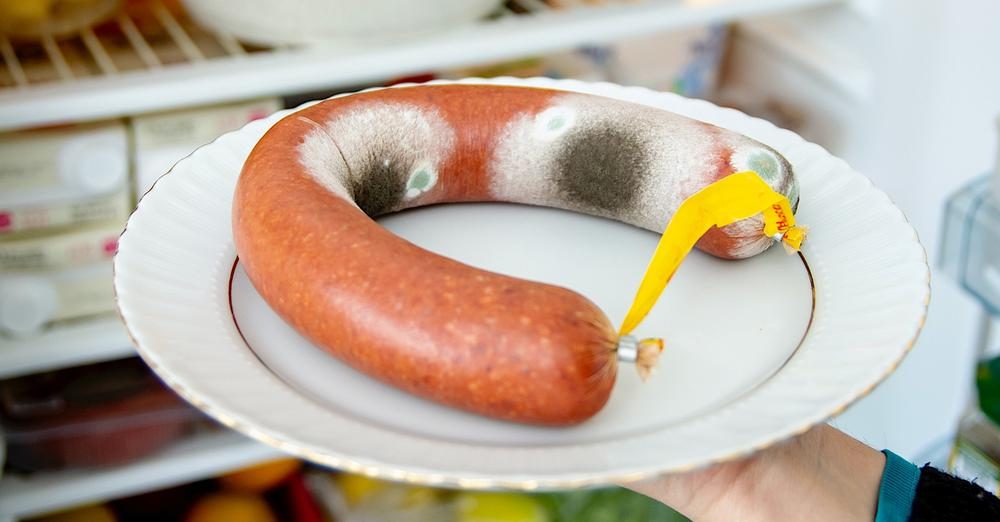Cancer risk to eating these junk food: chips, sweets and carbonated soft drinks
The neoplasms we are most exposed to are colorectal, stomach and upper aerodigestive cancer.
;Resize,width=742;)
An international research team has shown that foods with the poorest nutritional properties, such as confectionery and industrial sugary drinks, increase the risk of cancer. The neoplasms we are most exposed to are colorectal, stomach and upper aerodigestive cancer.

Junk food increases the risk of cancer, particularly the colorectal, stomach and upper aerodigestive tract ones in both sexes. In men, foods with poor nutritional properties catalyze also the risk of lung cancer, while for women, liver and postmenopausal breast cancer. This was demonstrated by an international research team led by scientists from the French National Institute for Health and Medical Research (INSERM), who collaborated with colleagues from the IARC, the World Health Organization's cancer research agency (WHO).

Coordinated by Professor Mélanie Deschasaux, the researchers came to this conclusion after analyzing the data of over 470 thousand European citizens involved in the EPIC study (European Prospective Investigation in Cancer and Nutrition) conducted between 1992 and 2014. During the follow-up period (about 15.3 years) about 50 thousand cases of cancer were diagnosed, including 12 thousand breasts ones, 6,700 prostate ones and 5,800 colon-rectum ones. To determine the association between junk food and the risk of developing cancer, Deschasaux and colleagues relied on the nutrient profiling system (FSAm-NPS) created by the UK Food Standards Agency. In simple terms, it is a labeling system that assigns a score to foods based on nutritional values such as fat, sugar, fiber and so on. The higher the score, the lower the quality of the food (among the worst ones there are carbonated drinks, sweets and industrial snacks).

On the basis of dietary regimens reported by the participants with specific questionnaires, through a statistical survey the scientists found a significant association between increased risk of cancer and a diet rich in junk foods. In patients with high and low FSAm-NPS, the cancer rates detected by Deschasaux and colleagues were 81.4 and 69.5 cases/10,000 person-years respectively. A non-abyssal difference but significant from a scientific point of view, on which it will be necessary to conduct further assessments. The fact that the foods were communicated by the participants themselves, in fact, represents a limit of the survey.
;Resize,width=767;)
;Resize,width=712;)
;Resize,width=712;)
;Resize,width=712;)
